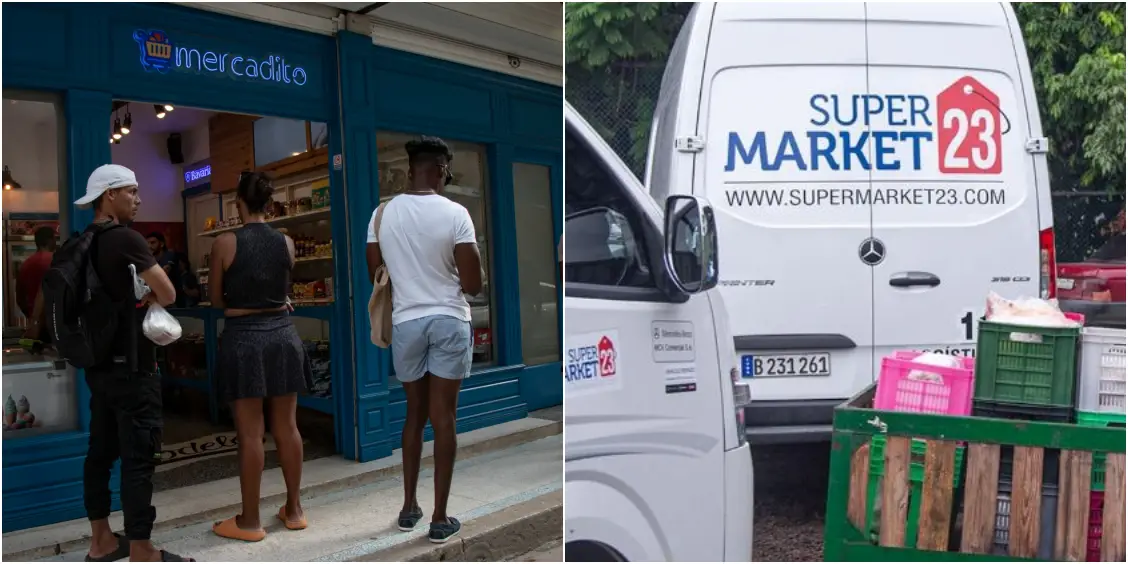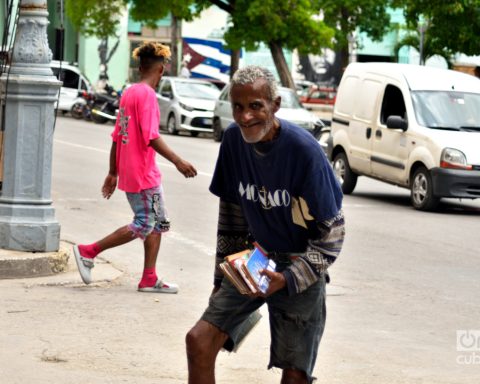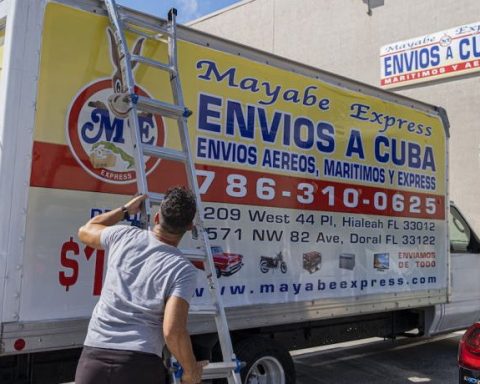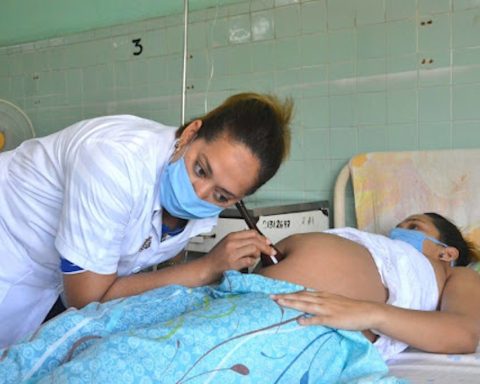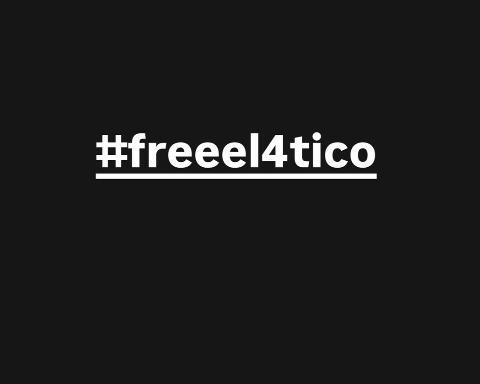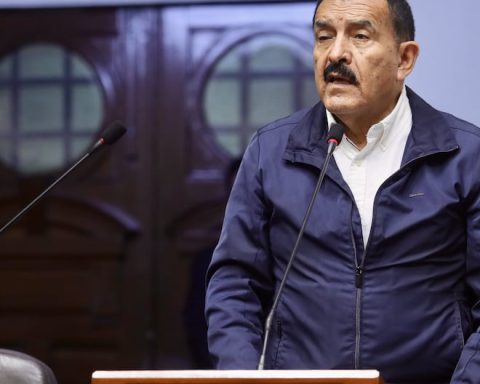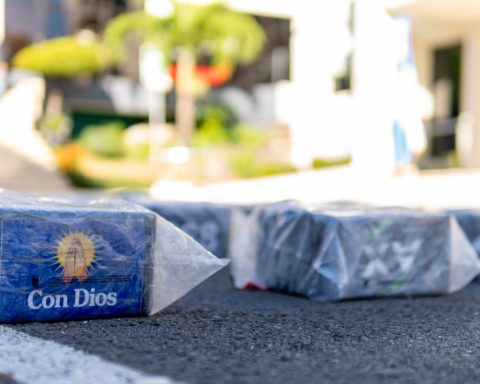HAVANA, Cuba. – Much has been made of the regime of fines and price caps imposed, in recent months, on the private sector, as if the uncontrolled rise in prices were a specific phenomenon, caused by certain actors, and not a direct consequence of the systemic failure. and the disastrous decisions in economic matters that can already be considered a distinctive mark of the government? of Miguel Diaz-Canel.
At the beginning of October the state newspaper Cubadebate published that between last July and September 137,391 sanctions had been imposed on micro, small and medium-sized companies (MSMEs) for failing to comply with the price cap that had come into force on July 8, aimed primarily at regulating the sale of six basic products: chicken , edible oils, sausages, milk powder, pasta and washing powder. As a result of the fines, the not inconsiderable figure of 348 million pesos (2.9 million dollars at the official exchange rate) was collected, at the same time that the items found disappeared from the stores because the private seller, forced to buy the foreign currency in the informal market – which almost triples the official rate – and then sells in a devalued currency that is difficult to obtain thanks to the failure of “banking”, the blackouts and the miserable state of the ATMs, the lottery with the ticket did not fit. .
The situation has not improved for merchants or consumers, although the latter bear the brunt because money is less and less enough every day. To this we must add clientelism and the discretionary application of the price cap, since the battalion of inspectors conveniently passes by certain MSMEs allegedly linked to the regime, which sell the same oil, meat, seasonings, at Dubai prices. coffee or bread. Their rates are so disproportionate to the competition, and they are so “in your face,” that the impunity with which they operate can only be explained by collusion with people at the top.
Meanwhile, small businesses, where inspectors freely deploy their blackmail and abuse, have become impoverished between persecution and juggling to comply with what is stipulated while still making some profit. The consequences range from the dismissal of personnel, with the consequent increase in unemployment, to movements of merchandise to avoid seizures, selling a part according to the limit imposed by the State, and the rest at a price that allows recovering the investment and leaving some profit. to “go along”.
However, the solution makes the product more expensive, since its transportation alone involves spending a few thousand pesos, unless you have your own transportation, which is not always the case. The limit decreed by the regime is the first and most visible gag, but behind it there is an accumulation of logistical problems that compromises the survival of non-strategic MSMEs for the government, although Díaz-Canel has assured in a recent FAO forum to attract foreign investment, that there are “more than 11,000 micro, small and medium-sized companies, many of them already ready to collaborate in the growth of the agri-food sector.”
The ruler’s lying and desperate harangue comes a few days after the Minister of Agriculture publicly recognized – once again – the crisis in which this essential sector of the economy is plunged, where not only is almost nothing produced, but Little that reaches the shelves of agricultural markets does so with deplorable quality.
While Díaz-Canel attacks the private sector and tries to attract foreign money by ensuring that his government “is open to all proposals”, in Supermarket 23 the carton of eggs has risen from USD 9.89 to USD 12.50 (double the what it costs in the international market); Chicken, in its different variants, has increased in price between two and ten dollars, and beef is already beyond the means of emigrated relatives with modest incomes. According to testimonies from people residing in the United States who try to make a monthly purchase on platforms on-line To guarantee better nutrition for their loved ones on the Island, beef is only an option if they have a sick relative, and if two months ago they could afford two cartons of eggs, now they can only buy one.
The increase in the price of basic products in those places that operate in foreign currency to bleed Cuban emigration, has an immediate impact on the prices of MSMEs, an upward trend that seems to have no ceiling. In the few private establishments that sell eggs, the carton has settled at at least 3,500 pesos and 10 pounds of chicken are sold at 3,100 pesos.
Even the costs decreed by the regime are unpayable for those who have no other source of income than the state salary, but while the government’s inability to reactivate the economy is reflected in lashes on the private sector, companies such as Supermarket 23, linked to the military emporium GAESA and in particular the commander of the Revolution Guillermo García Frías, has all the resources of the country, the power to establish the prices he deems appropriate and impervious to any inspection that attempts to find out the destination of the millions collected at the expense of millions of Cubans. that, wherever they are, they continue with the Castro remora firmly attached to their effort to achieve a dignified life.
